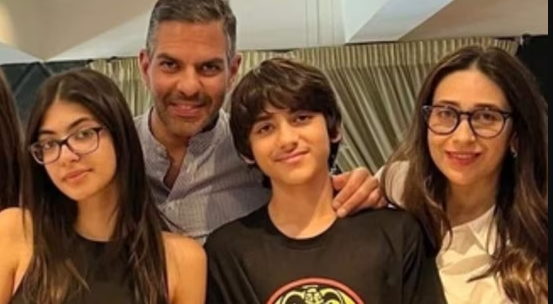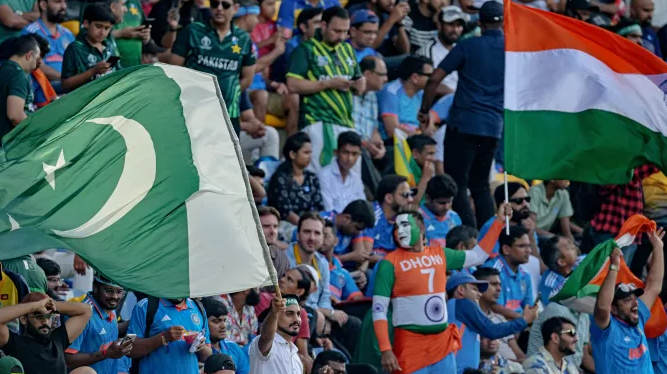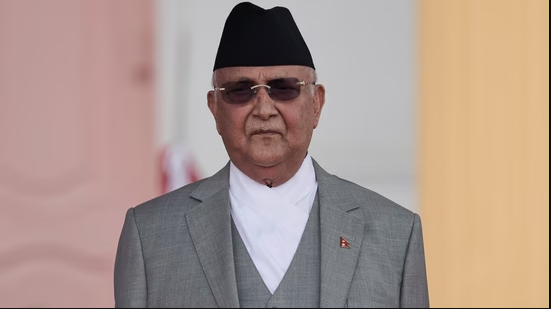Bollywood icon Karisma Kapoor’s children, Kiaan and Samaira, have escalated their dispute over their late father Sunjay Kapur’s vast estate approximated at ₹30,000 crore by filing a petition in the Delhi High Court. The siblings are demanding recognition as Class I legal heirs and requesting a partition of assets, with a claim for a one-fifth share each.
Accusations of Forgery and Concealment
The children’s suit alleges that their stepmother, Priya Kapur (née Sachdev), orchestrated a scheme to withhold and manipulate their father’s will. According to the petition:
- They were not shown the original will, nor provided with a copy.
- The documented will, presented only during a family meeting on 30 July 2025, is surrounded by “suspicious circumstances” and is claimed to be “forged and fabricated
They argue that the delayed revelation and presentation of the will undermine its legitimacy, prompting judicial scrutiny.
Background and Heirs’ History
- Sunjay Kapur, former chairman of Sona Comstar, passed away unexpectedly on 12 June 2025 in Windsor, UK, reportedly after suffering a heart attack triggered by an insect sting.
- He is survived by a son, Azarias, with third wife Priya Sachdev, in addition to Kiaan and Samaira from his previous marriage to Karisma Kapoor.
Pre-existing arrangements reportedly include ₹14 crore bonds set up for each of the two children, yielding a monthly interest of ₹10 lakh, along with property transferred to Karisma as part of their 2016 divorce settlement.
Complex Web of Family and Legal Dynamics
Multiple stakeholders are intertwined in the dispute:
- Plaintiffs: Kiaan and Samaira (represented by their mother, Karisma Kapoor).
- Defendants: Priya Kapur (the stepmother) and her minor son, Sunjay’s mother, and the will’s executor.
This high-profile case has also generated widespread statements:
- Sources affirm Karisma Kapoor has no financial interest in the estate and is not part of the family’s inheritance proceedings.
- Karisma has been publicly praised for maintaining familial unity during the emotionally fraught aftermath of Sunjay’s passing.
What Lies Ahead
- The Delhi High Court will first evaluate whether the presented will is legally valid amid claims of forgery.
- If validated, the court may then determine the rightful distribution—potentially granting Kiaan and Samaira a statutory share.
- Broader implications include safeguarding inheritance protocols and ensuring estate management transparency, especially within affluent families.
Quick Overview
| Element | Detail |
|---|---|
| Valuation | Estate estimated at around ₹30,000 crore |
| Legal Claim | Children seek one-fifth share each also recognition as Class I heirs |
| Core Allegations | Will alleged to be forged; its original not shared presented late |
| Existing Provisions | ₹14 crore bonds per child with ₹10 lakh monthly interest; property to Karisma |
| Family Positions | Karisma uninvolved in estate; children acknowledged as sole legal heirs |
| Next Steps | Delhi HC to assess validity of will and heirs’ entitlement |
In sum, this case pits inheritance rights, family loyalty, and legal transparency against a backdrop of immense wealth. The Delhi High Court’s ruling could set an important precedent for succession and estate disputes in India’s high-net-worth circles.


